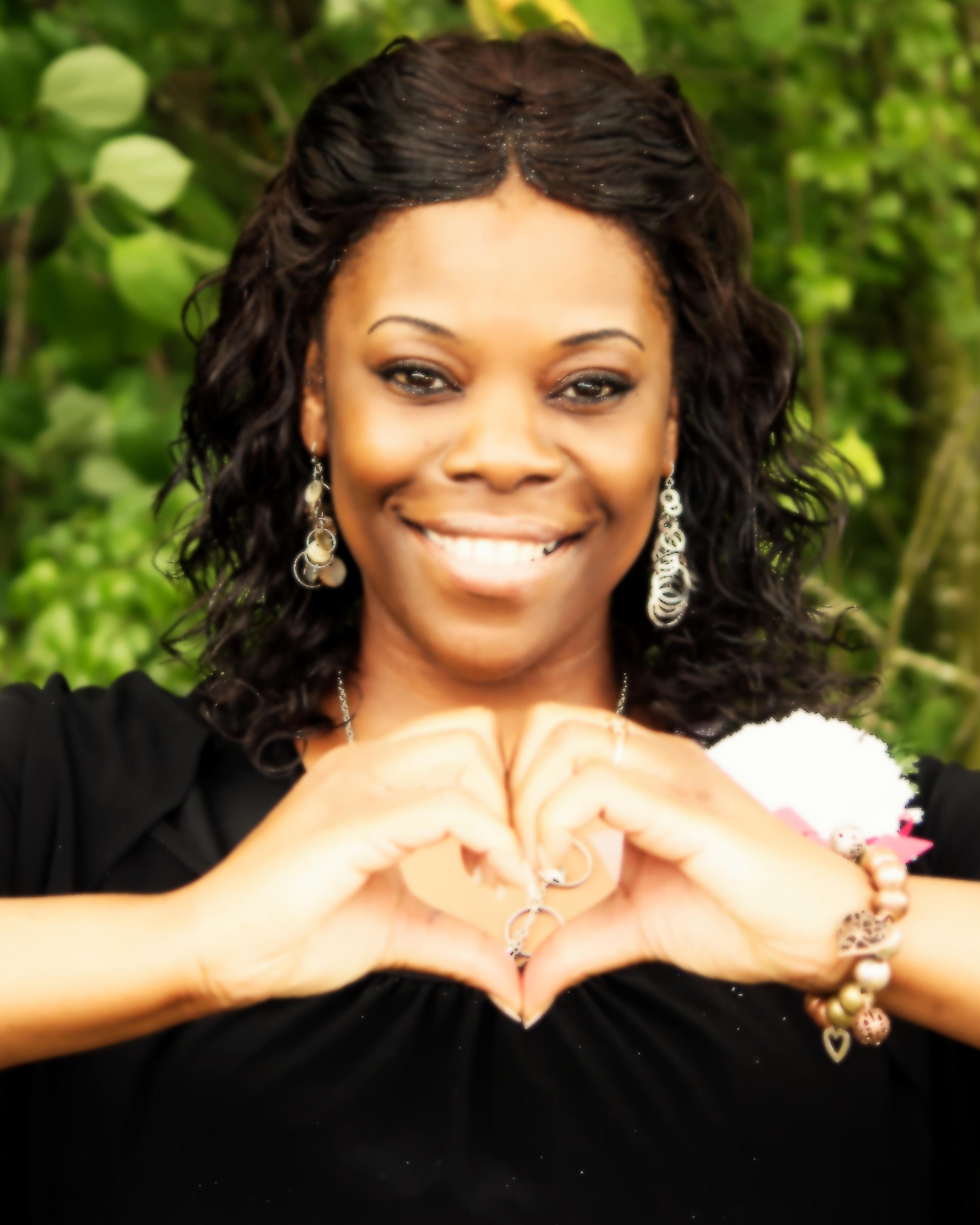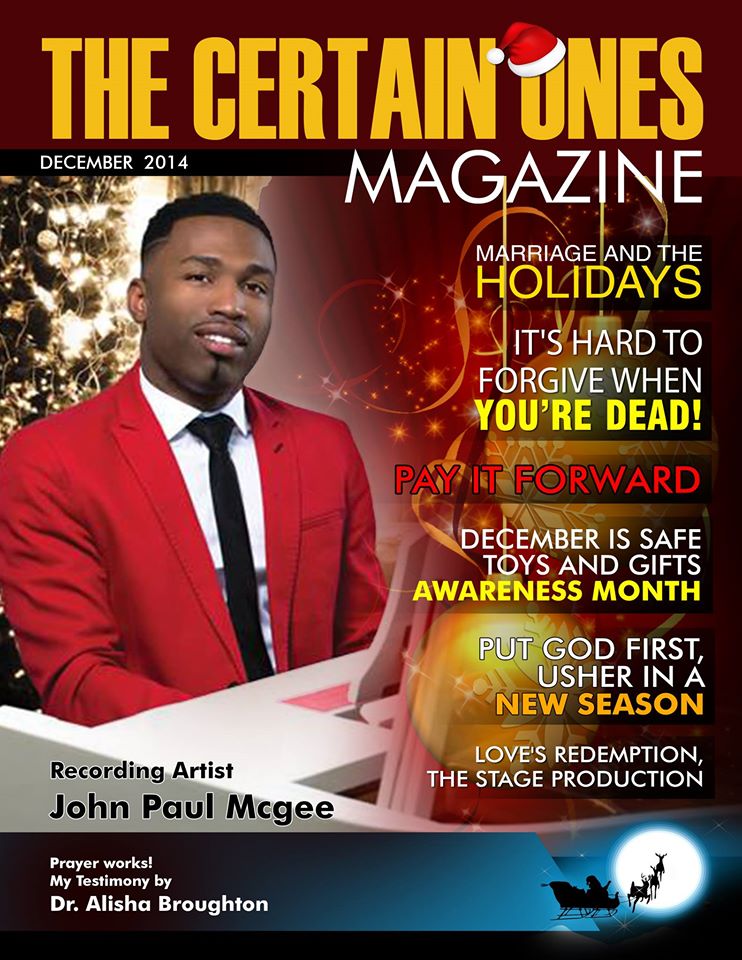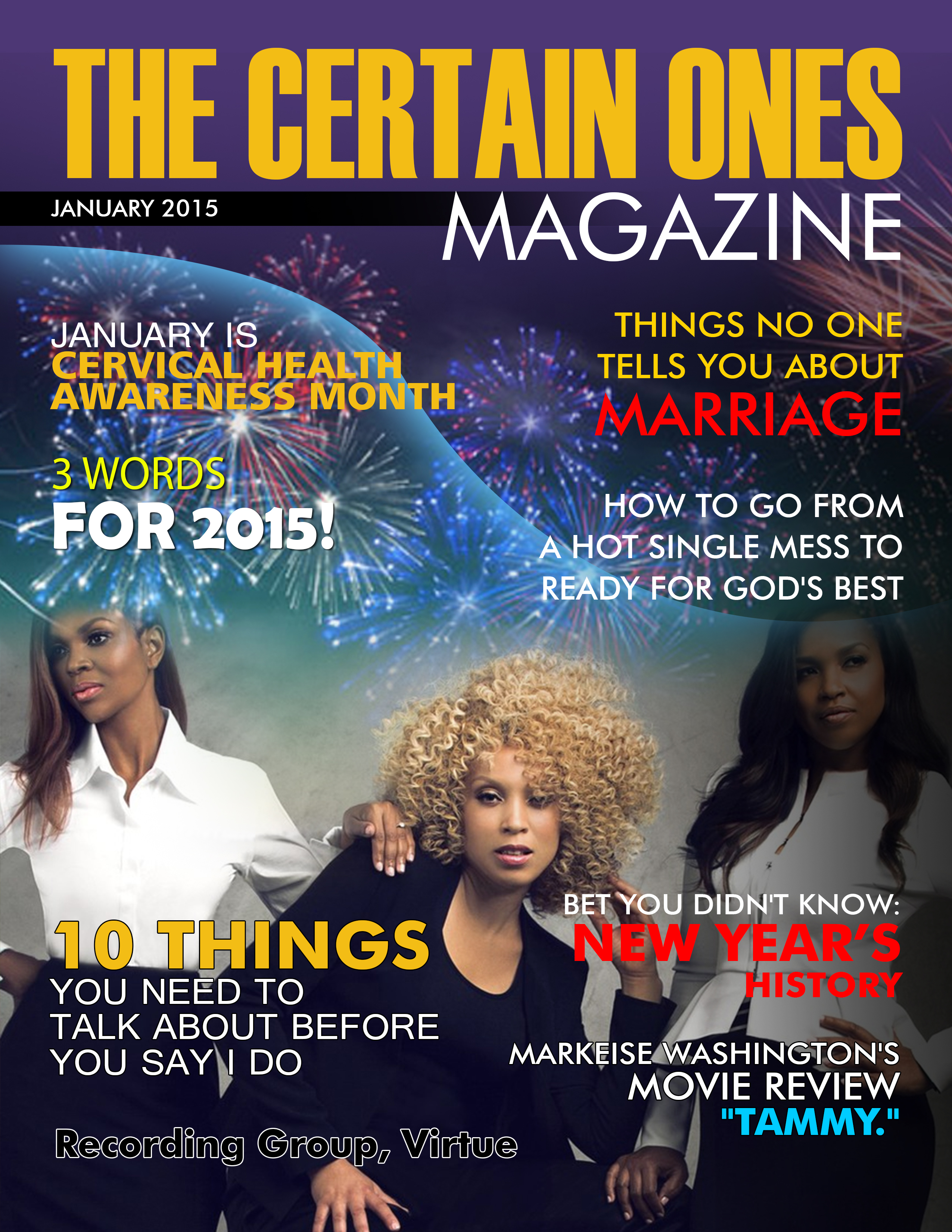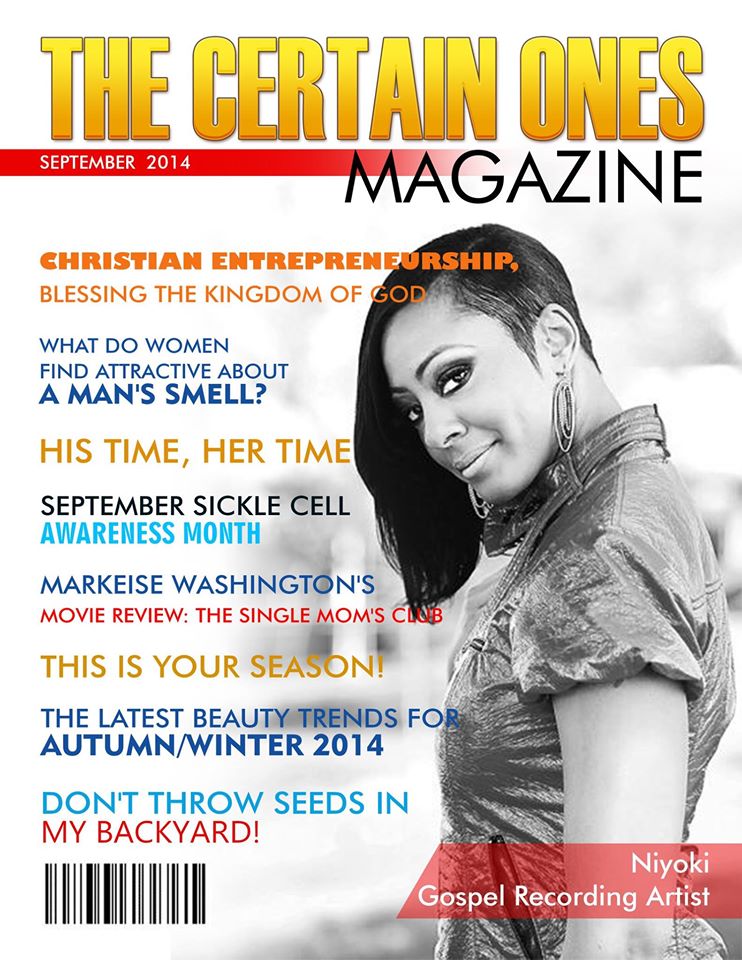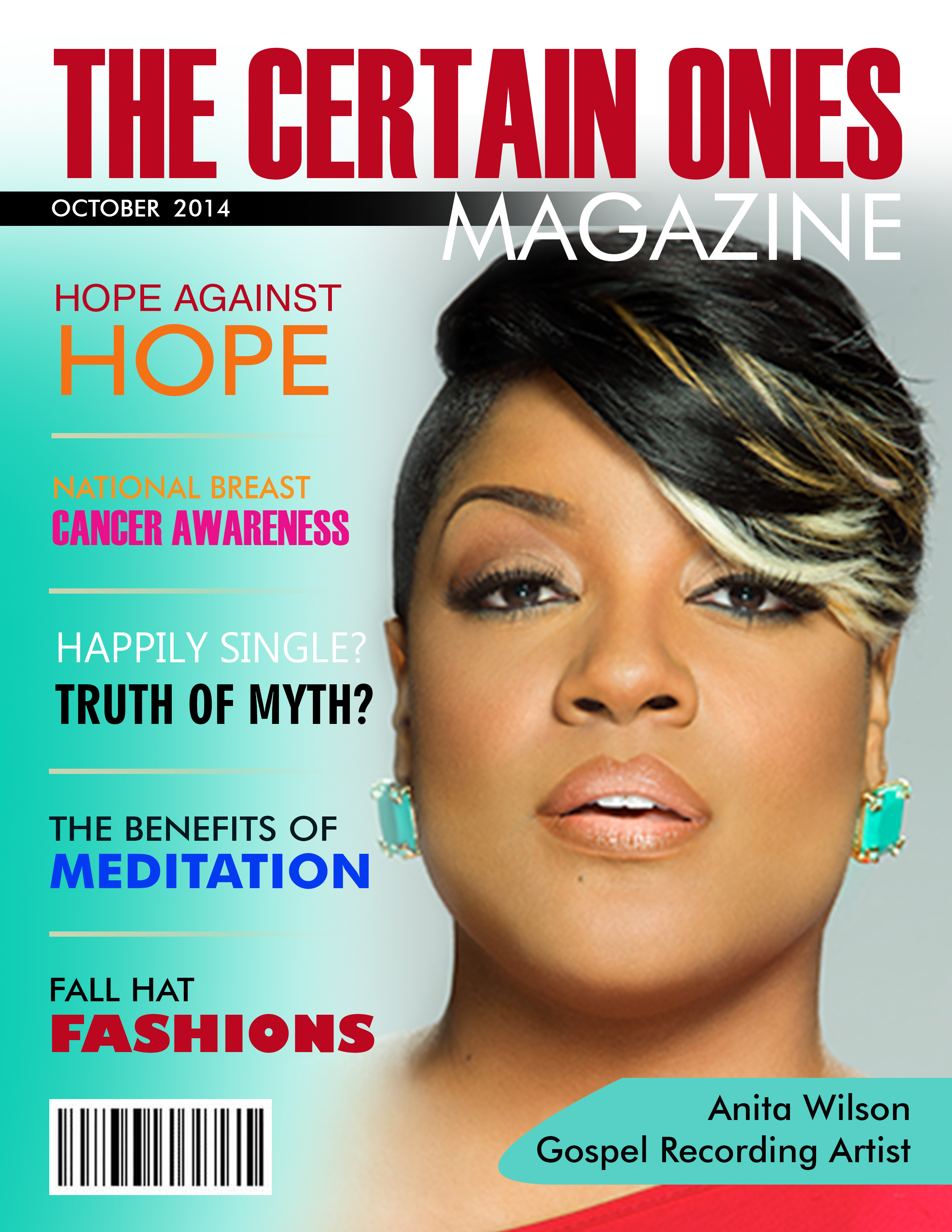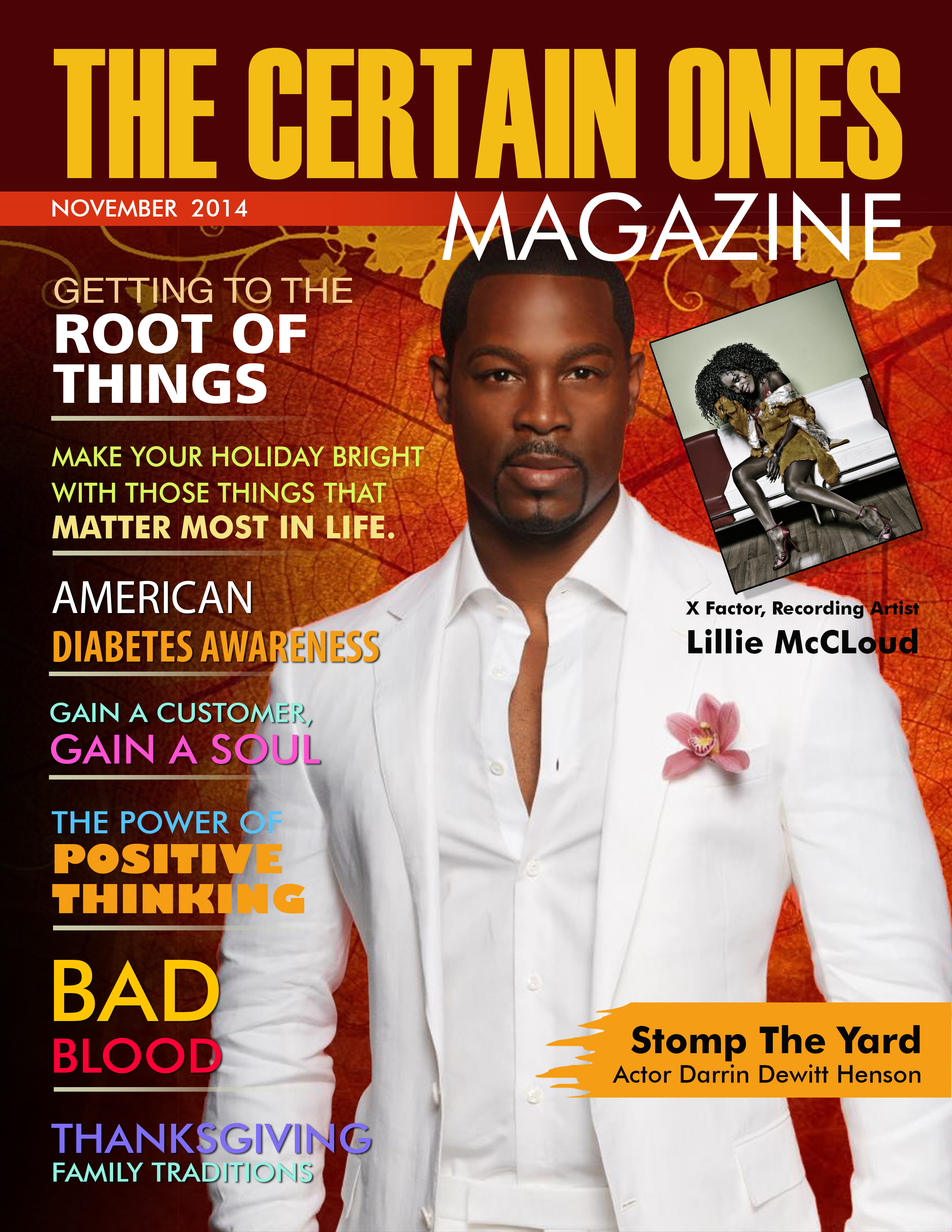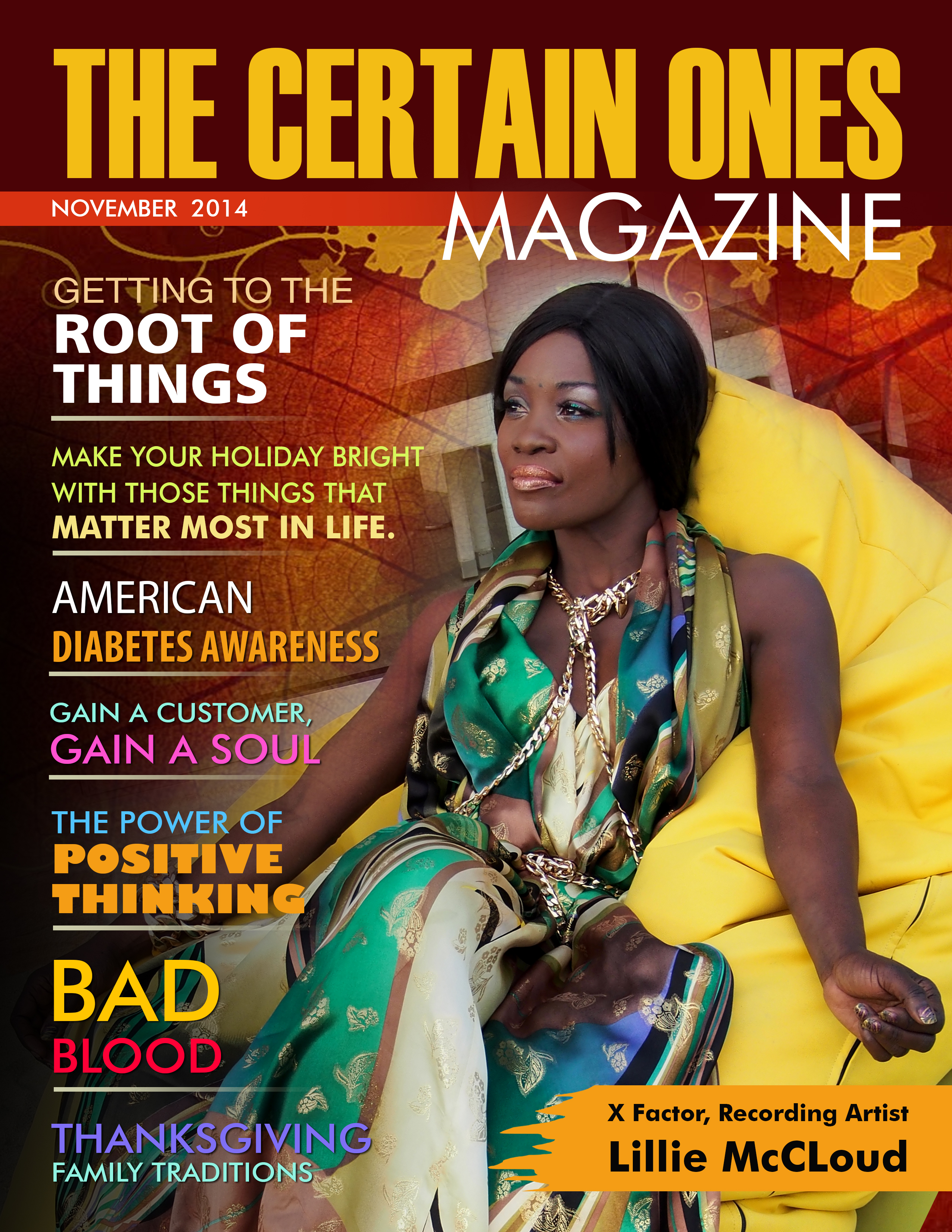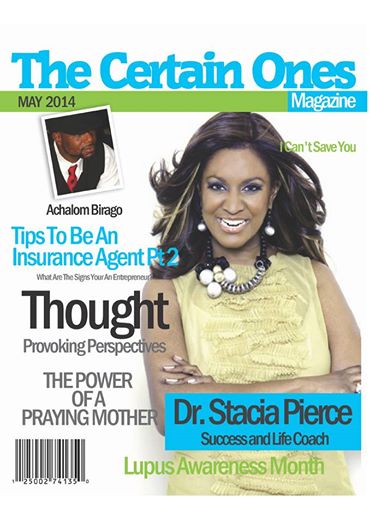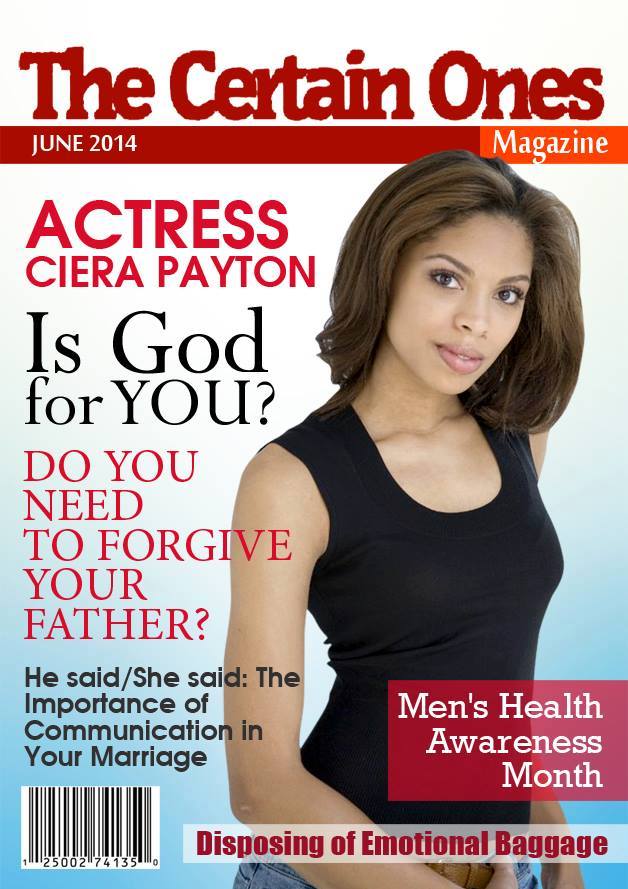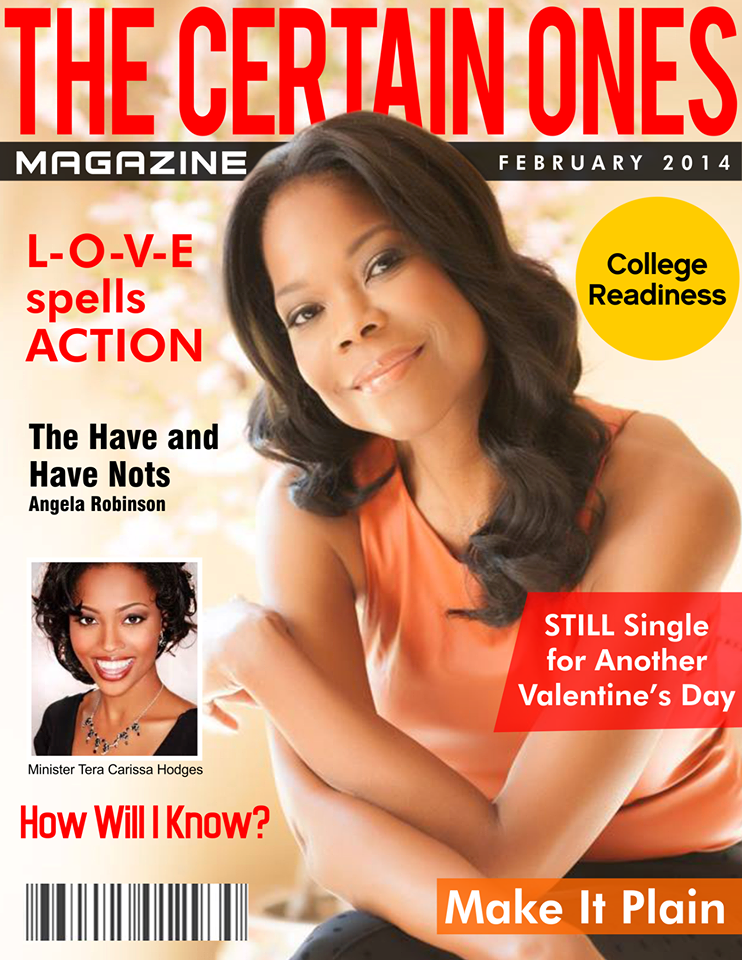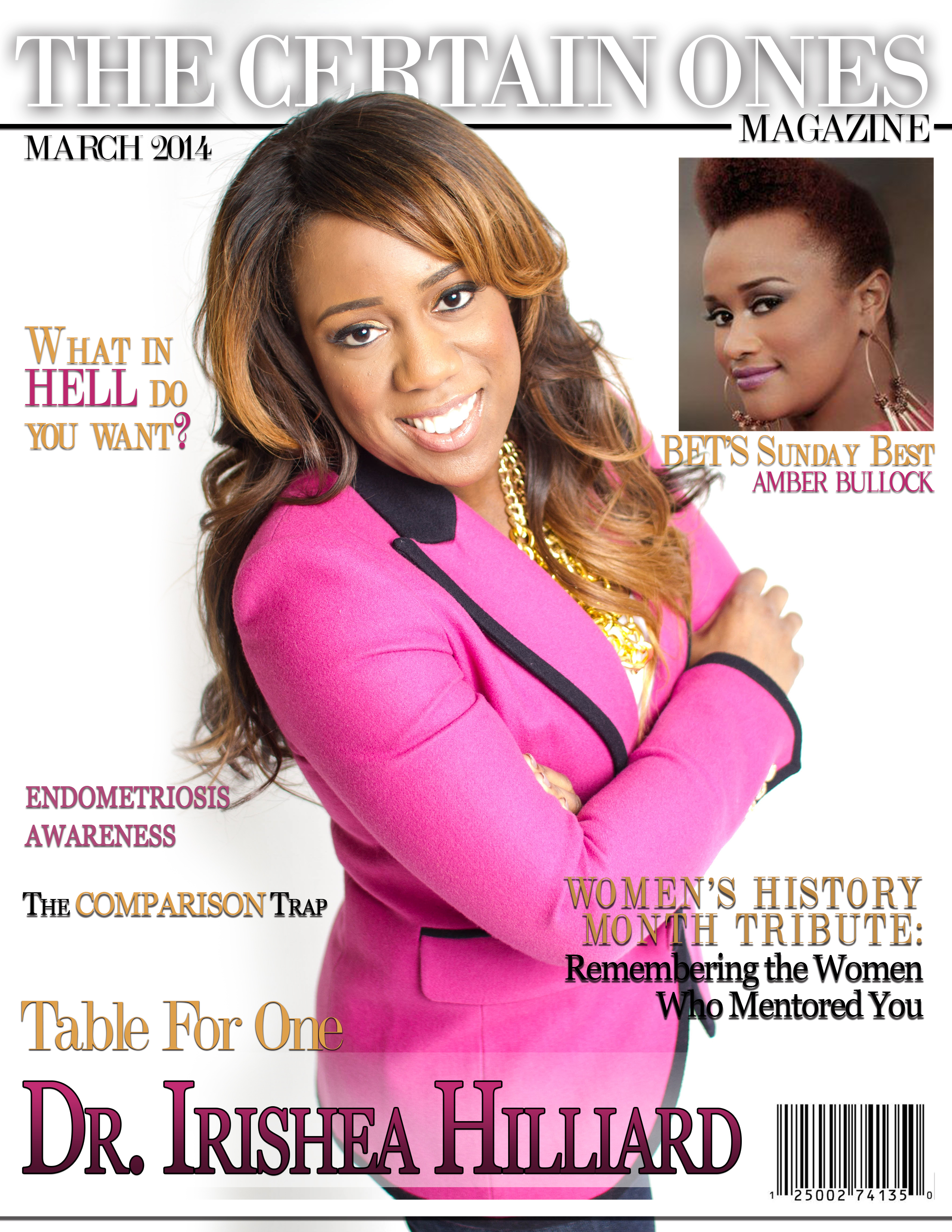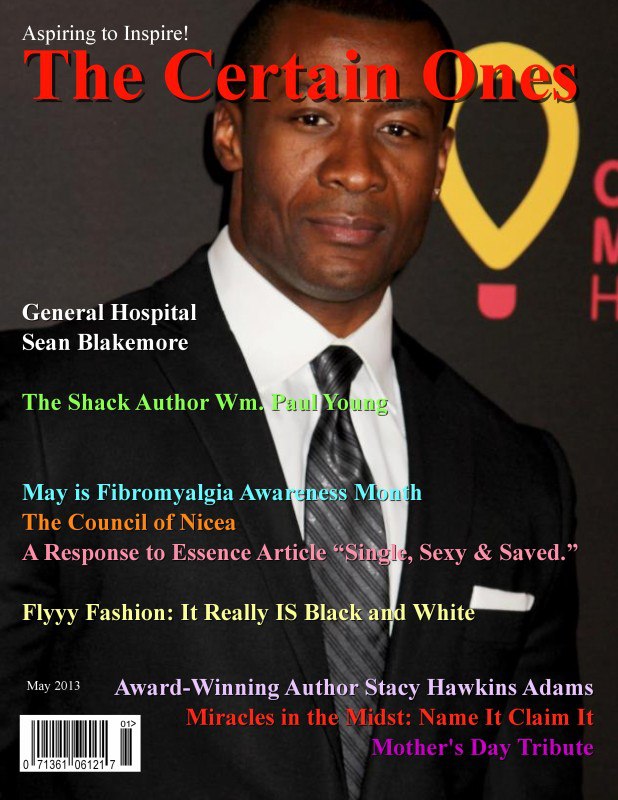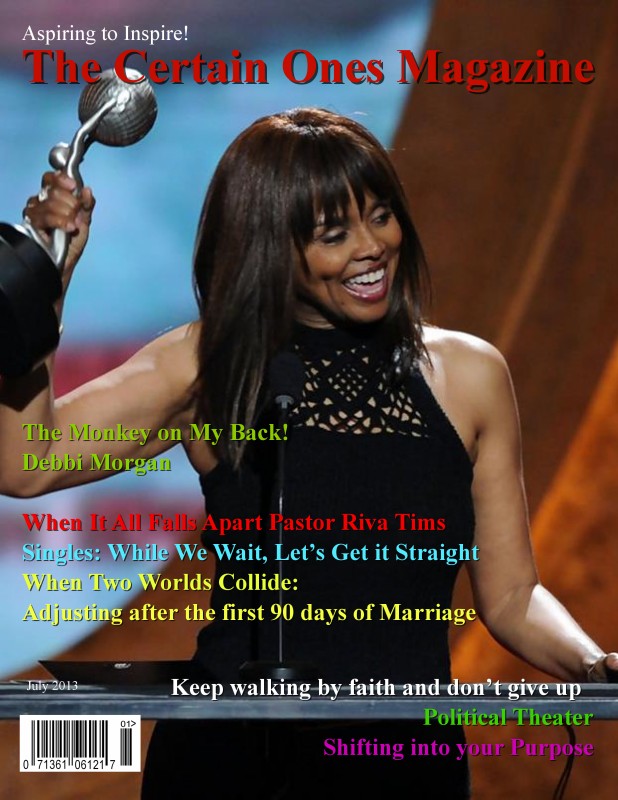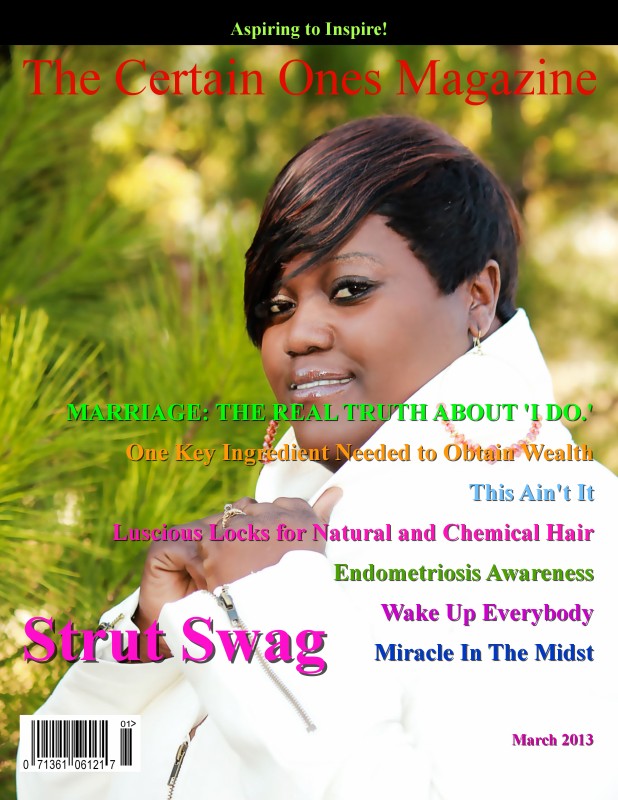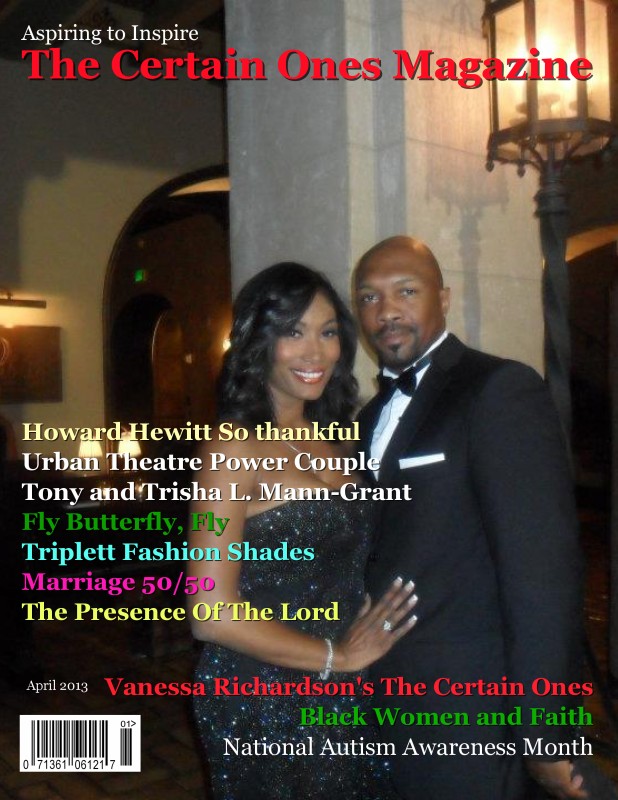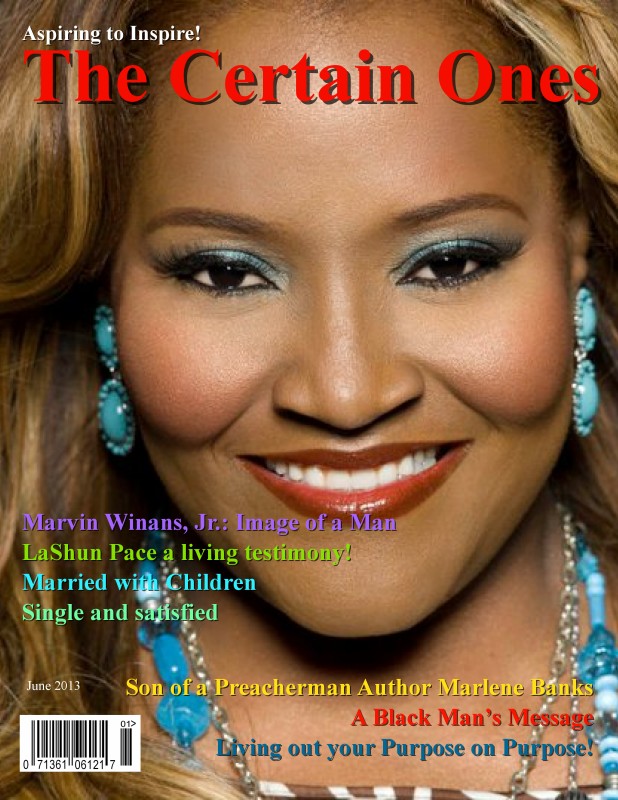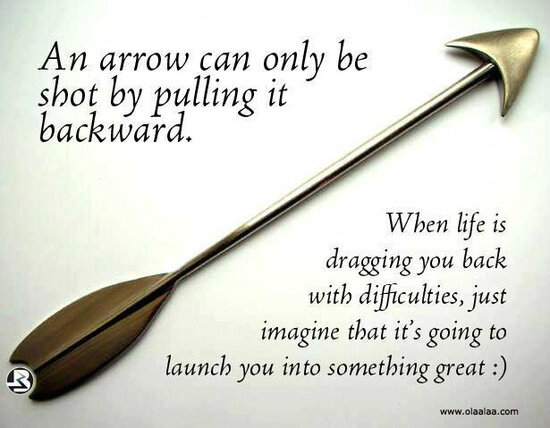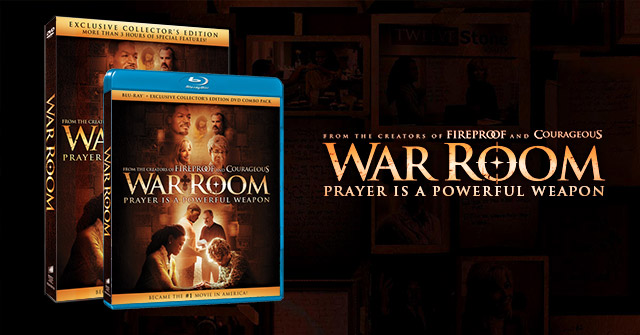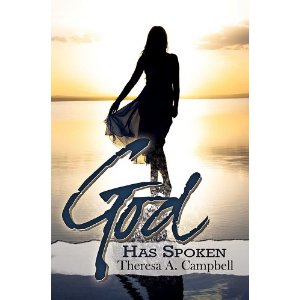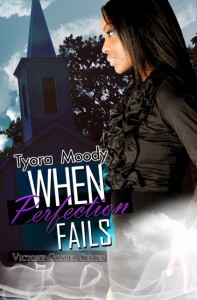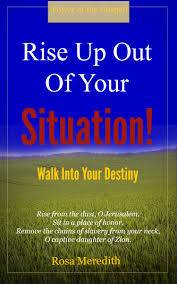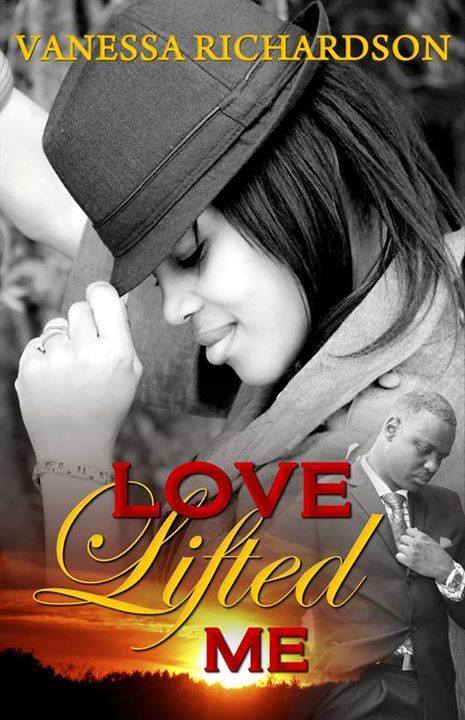Posted by The Certain Ones in History/political, Political/History | 0 Comments
Did You Know About These Brave Courageous Men
By Thought Provoking Perspectives
In the 1960s, there was a group of courageous black men from the communities of the southern states called the Deacons for Defense and Justice. It was an armed organization practicing self-defense methods in the face of racist oppression carried out under the Jim Crow Laws by local/state government officials and racist vigilantes. I remember this group of brave black men but because of their stance the Deacons are not written about or cited in the history book or by the Civil Rights leadership.
Their agenda of self-defense of the community did not fit the image of strict non-violence that leaders such as Dr. King espoused. The Deacons are a segment of the larger tradition of the Black Power movement a tradition dating back to slavery when Africans were chattel slaves to continue the fight for freedom. This refers to the idea that the traditional ideas and values of the Civil Rights Movement placated to the emotions and feelings of White liberal supporters rather than Black Americans, who had to live consistently with the racism and other acts of violence that were shown towards them.
Stokley Carmichael defines Black Power as: “The goal of black self-determination and black self-identity, Black Power, is full participation in the decision-making processes affecting the lives of black people and recognition of the virtues in themselves as black people… Those of us who advocate Black Power are quite clear in our own minds that a ‘non-violent’ approach to civil rights is an approach black people cannot afford, and a luxury white people do not deserve.”
The Deacons were a driving force of Black Power that Stokely Carmichael echoed. Carmichael speaks about the Deacons when he writes, “Here is a group which realized that the ‘law’ and law enforcement agencies would not protect people, so they had to do it themselves…The Deacons and all other blacks who resort to self-defense represent a simple answer to a simple question: what man would not defend his family and home from attack?” The Deacons, according to Carmichael and others were the protection that the Civil Rights needed on local levels, as well as, the ones who intervened in places that the state and federal government fell short.
The Deacons were not the first champions of armed defense during the Civil Rights Movement. Many activists and other proponents of non-violence protected themselves with guns. Fannie Lou Hamer, the eloquently blunt Mississippi militant who outraged LBJ at the 1964 Democratic Convention, confessed that she kept several loaded guns under her bed. Even Martin Luther King Jr., an icon of nonviolence, employed armed bodyguards and had guns in his house during the early stages of the Montgomery Bus Boycott.
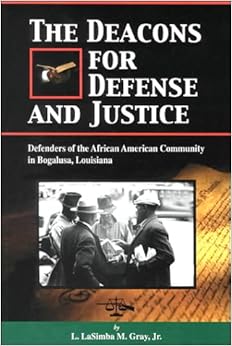
In many areas of the “Deep South,” the federal and state governments had no control of local authorities and groups that did not want to follow the laws enacted. One such group, the KKK, is the most widely known organization that openly practiced acts of violence and segregation based on race. As part of their strategy to intimidate this community Negroes, the Ku Klux Klan initiated a “campaign of terror” that included harassment, the burning of crosses on the lawns of African-American voters, the destruction by fire of five churches, a Masonic Hall, a Baptist center, and murder.
Therefore, the Negro community felt it was crucial to have its own protection to curb this terrorism given the lack of support and protection by State and Federal authorities. Enter Earnest “Chilly Willy” Thomas and Frederick Kirkpatrick, founders of the Deacons of Defense in November 1964 to protect civil rights workers, their communities and their families against the Klan. Most of the Deacons were war veterans with combat experience from the Korean War and World War II.
There are many accounts of how the group’s name came about, but according to Lance Hill the most plausible explanation is: “the name was a portmanteau that evolved over a period of time, combining the CORE staff’s first appellation of ‘deacons’ with the tentative name chosen in November 1964: ‘Justice and Defense Club.’ By January 1965, the group had arrived at its permanent name, ‘Deacons for Defense and Justice.’” The organization wanted to maintain a level of respectability and identify with traditionally accepted symbols of peace and moral values portraying the organization as an innocent church group….”
Scholar Akinyele O. Umoja speaks about the group’s effort more specifically. According to Umoja, it was the urging of Stokely Carmichael that the Deacons were to be used as security for many marches and protection of many civil rights leaders. The Deacons had a relationship with nearly all civil rights groups working in the south that advocated and practiced non-violence. The willingness of the Deacons to provide low-key armed guards facilitated the ability of groups such as the CORE, SNCC, and NAACP to stay, at least formally, within their own parameters of non-violence.
An example of the need for self-defense to enable substantial change in the Deep South took place in early 1965. Black students picketing the local high school were confronted by hostile police and fire trucks with hoses. A car of four Deacons emerged and in view of the police, calmly loaded their shotguns. The police ordered the fire truck to withdraw.
This was the first time in the 20th century, as Lance Hill observes, “an armed black organization had successfully used weapons to defend a lawful protest against an attack by law enforcement.” Hill gives as another example: “In Jonesboro, the Deacons made history when they compelled Louisiana Governor John McKeithen to intervene in the city’s civil rights crisis and require a compromise with city leaders — the first capitulation to the civil rights movement by a Deep South governor.”
Roy Innis has said the Deacons “forced the Klan to re-evaluate their actions and often change their undergarments.” With the shift to Northern Black plight and the idea of Black Power emerging in major cities across America. The Deacons became yesterday’s news and organizations such as The Black Panther Party gained notoriety and became the publicized militant Black organization. However, let us not forget the impact of being the precursors and the empowerment of our people. And that’s my thought provoking perspective…

JOHN T. WILLS
President of JT Wills Consulting, Speaker, Author, Writer, Blogger, Professor/Teacher, Radio Host, member and past officer of several Business, Community, College Board’s, a Volunteer, and friend to many. Regardless of the worldly titles given, I prefer to be called a man.
Just a Season – A Must Read Novel © 2010
Legacy – A New Season © 2013


